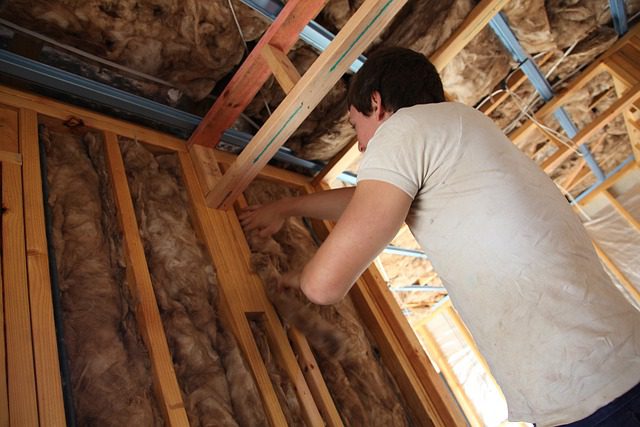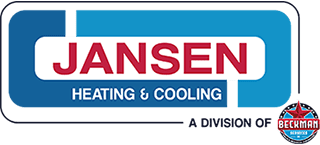Insulation and Air Sealing Will Reduce Energy Bills, Improve Comfort

Does your home lose heat rapidly in the winter and struggle to stay cool in the summer? If this is the case, the problem may have nothing to do with your heating and cooling system. Rather, it’s likely a poor reflection on the state of weatherization in your home. Specifically, you may have poor or insufficient insulation and/or air leakage in the home’s exterior envelope. It’s common for a home with one of these issues to also be plagued by the other.
Don’t Despair; You Can Rectify These Issues
The good news is that if your home is poorly insulated, you can address that situation, either yourself or by hiring a professional. The same goes if your home is leaking air like a butterfly net. In either case, insulation or air sealing, unless you’re experienced in these areas, your best bet is to hire a trained professional to ascertain the degree and location of the problems and then take action to correct them. However, if you’re not ready yet to hire a professional, you can take some preliminary steps to correct deficiencies in insulation and air sealing in your home.
We’ll Start With Insulation
It’s helpful to have a basic understanding of how insulation works in a home. Insulating materials help slow the movement of heat energy between the inside and outside of a building. In the summer, it slows the incursion of heat into the house; in the winter, it provides a barrier against heat loss. While different types of insulation will block air movement to varying degrees, that’s not the main purpose of insulation. It should not be the only strategy taken to ensure that air isn’t entering or leaving a home via leaks in the home’s outer envelope. Home weatherization that works is not possible without effective insulation and air sealing.
Insulation is so effective at reducing energy bills in a home because it decreases the work that heating and cooling systems must perform in order to keep the home comfortable. In the winter, if your home is able to retain heat for a longer period of time, that means your furnace of heat pump gets a break. An HVAC system that’s not constantly kicking on and off will consume less energy, have fewer breakdowns, and last longer before it requires replacement. Meanwhile, a home that retains heat will be more comfortable than one that doesn’t.
The same dynamic works in the summer months, when a well-insulated home will keep the heat outside for a longer time, and delay the point at which the thermostat signals the AC to turn on. Again, this burns less energy, reduces stress on mechanical parts, and makes the home more comfortable. Paired with complementary strategies such as ceiling fans and effective window coverings, proper insulation can greatly reduce the amount of time your air conditioner is running.
Where Do You Insulate?
Ideally, the whole house should be properly insulated, though you’ve got to start somewhere. That somewhere in many cases is the attic. If your home’s attic is not insulated or is poorly insulated, much of the heat within the house will be lost through the attic in the winter. In the summer, the superheating of an uninsulated attic will result in heat dropping down into the living areas of the home.
The good news is that the attic is often the easiest place to put more insulation. Insulation in walls is also imperative, when you consider that the walls of your home comprise the greatest amount of space exposed to heat, whether from inside or outside. The home’s basement and/or crawlspace also should be properly insulated, as is the case with any ductwork that runs through areas where conditioned air doesn’t circulate.
Get Help From a Professional
Even if you’re intent on installing insulation in your home, make sure you consult with an experienced insulation professional on the type of insulation to use in your project as well as how much to use. Different climates, building materials and locations in the house call for different types, grades and amounts of insulation.
Don’t Forget Air Sealing
As stated, when it comes to home weatherization, insulation and air sealing should go hand in hand. A well-insulated home that suffers from substantial air leakage likely will still have excessive energy bills, stressed HVAC equipment and substandard comfort. The same goes for a well-sealed home without adequate insulation.
